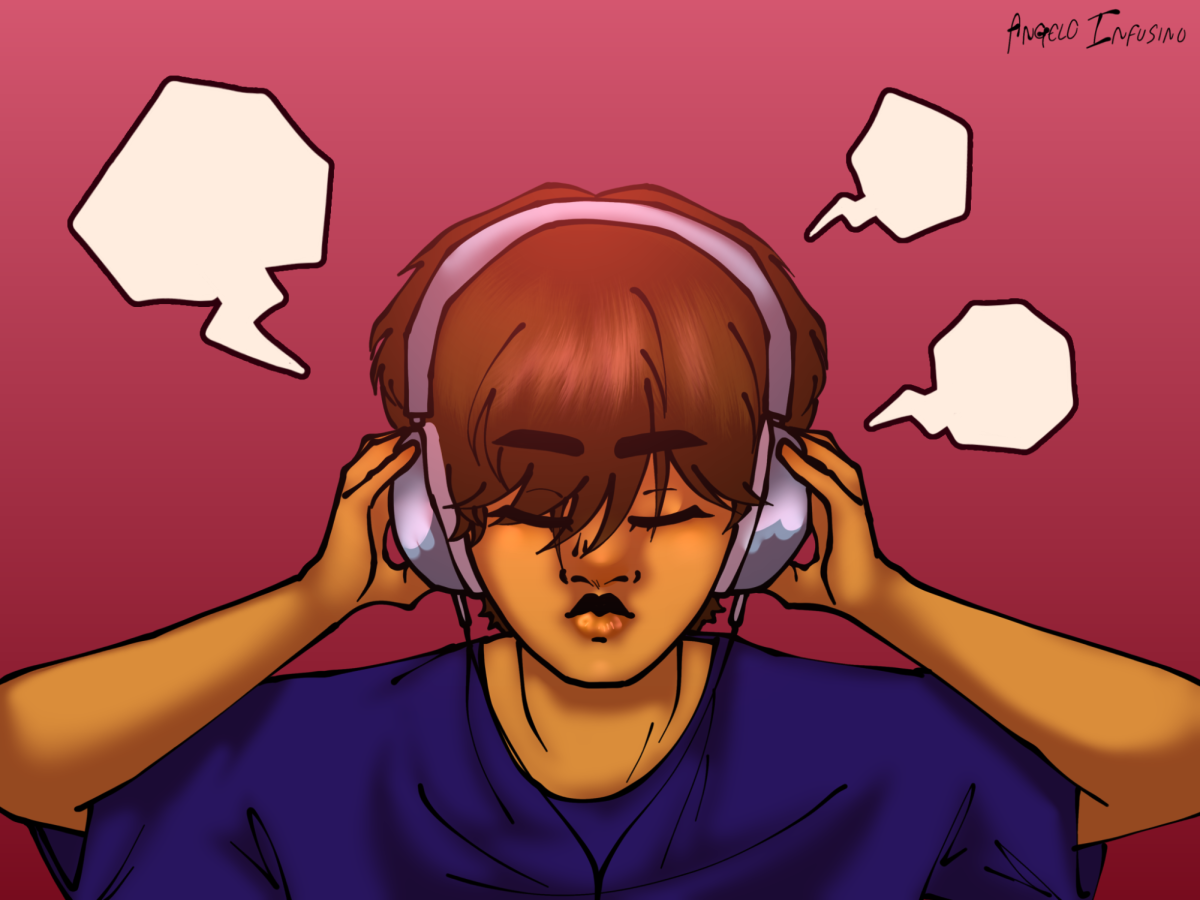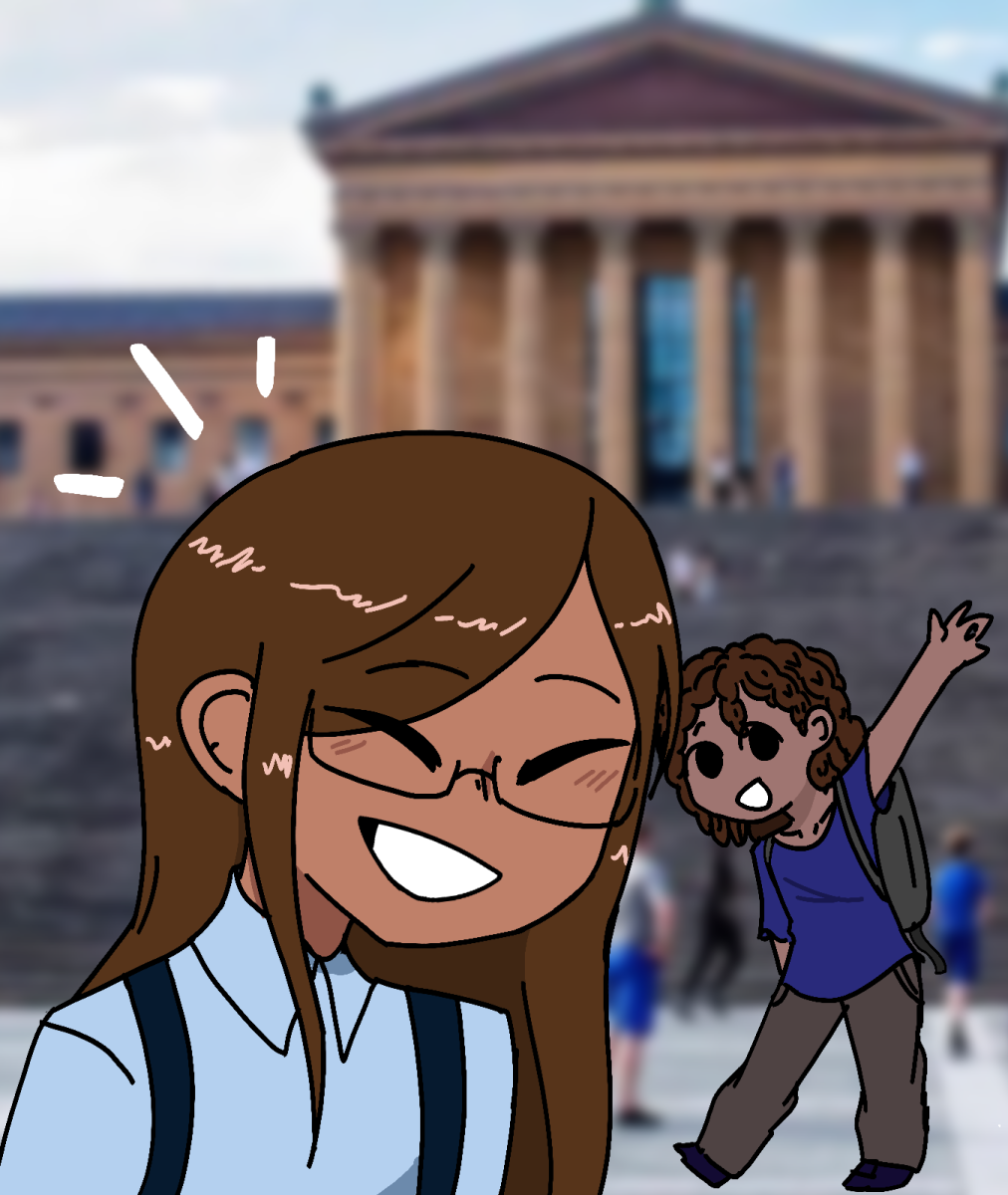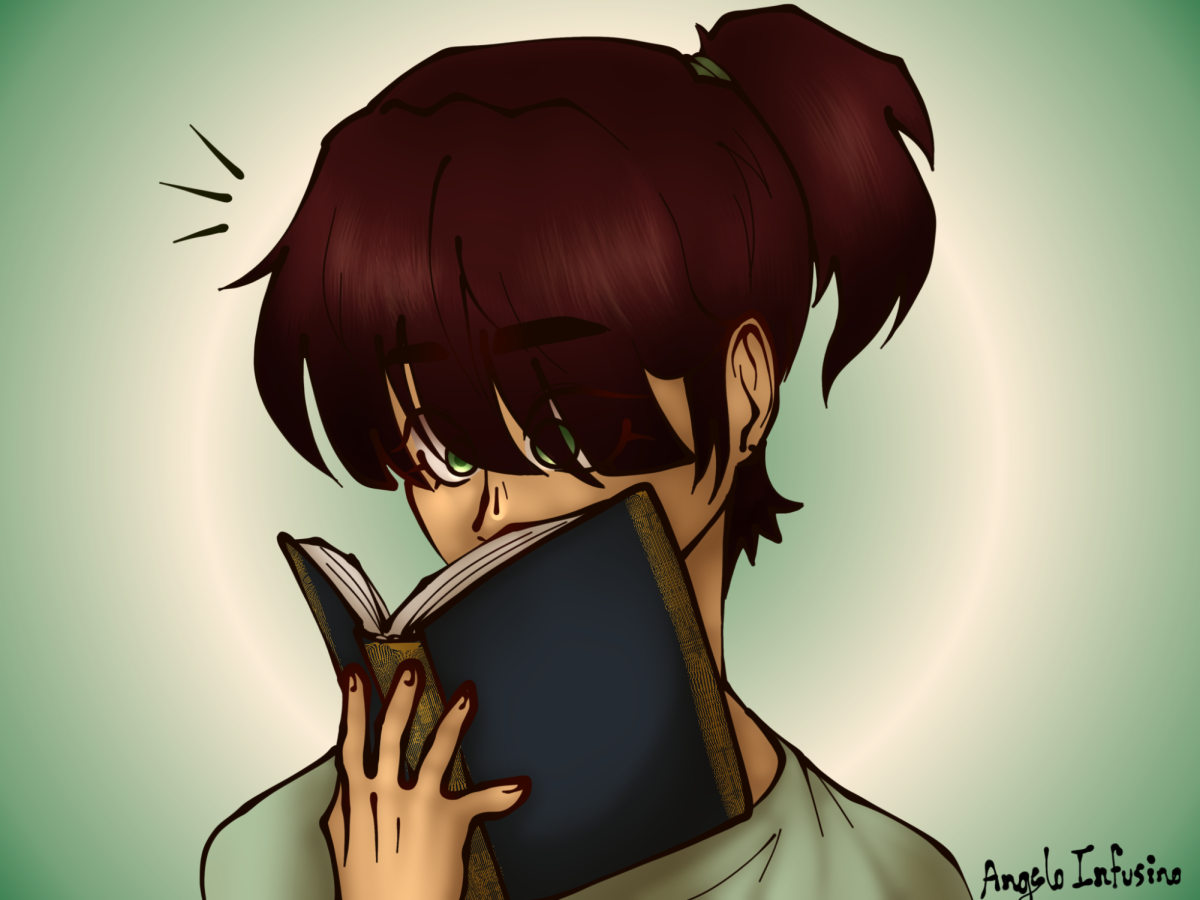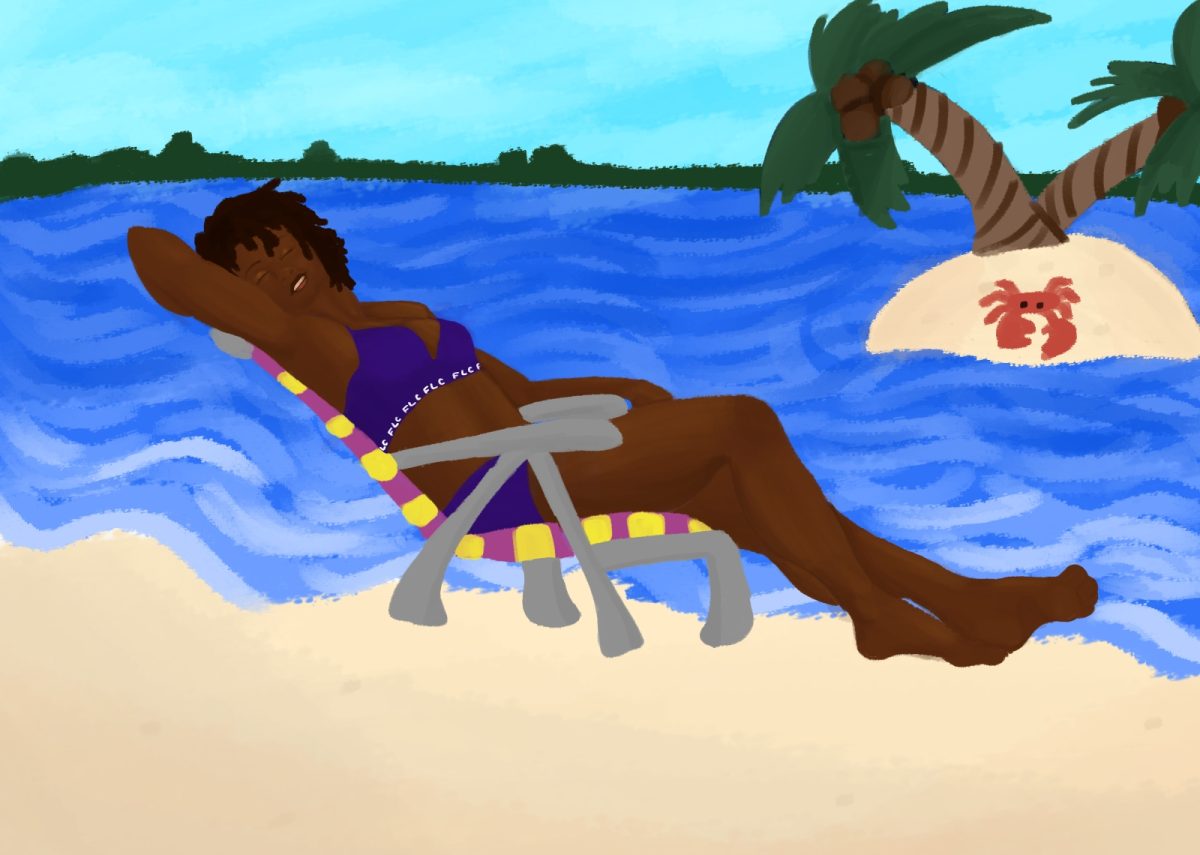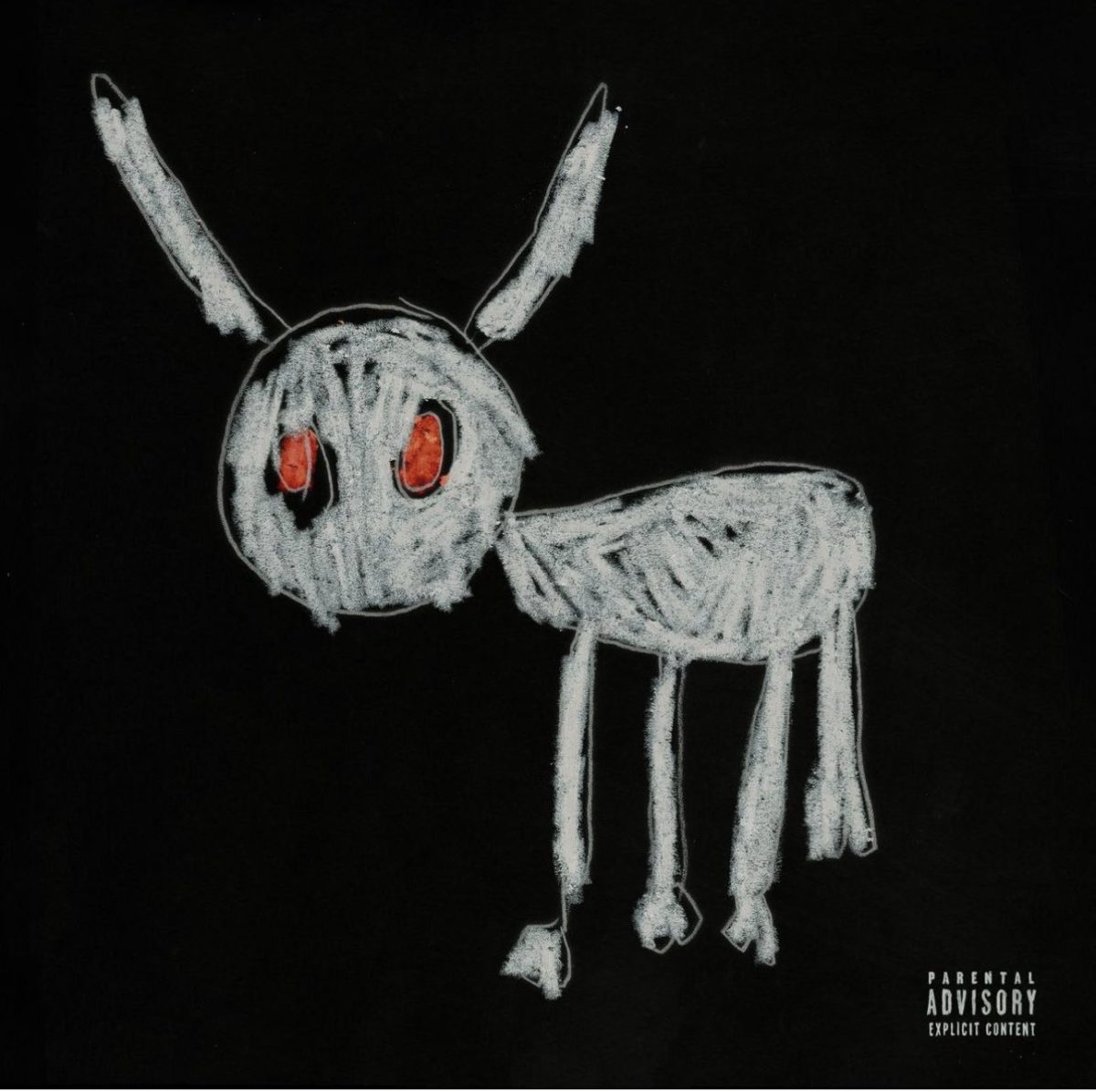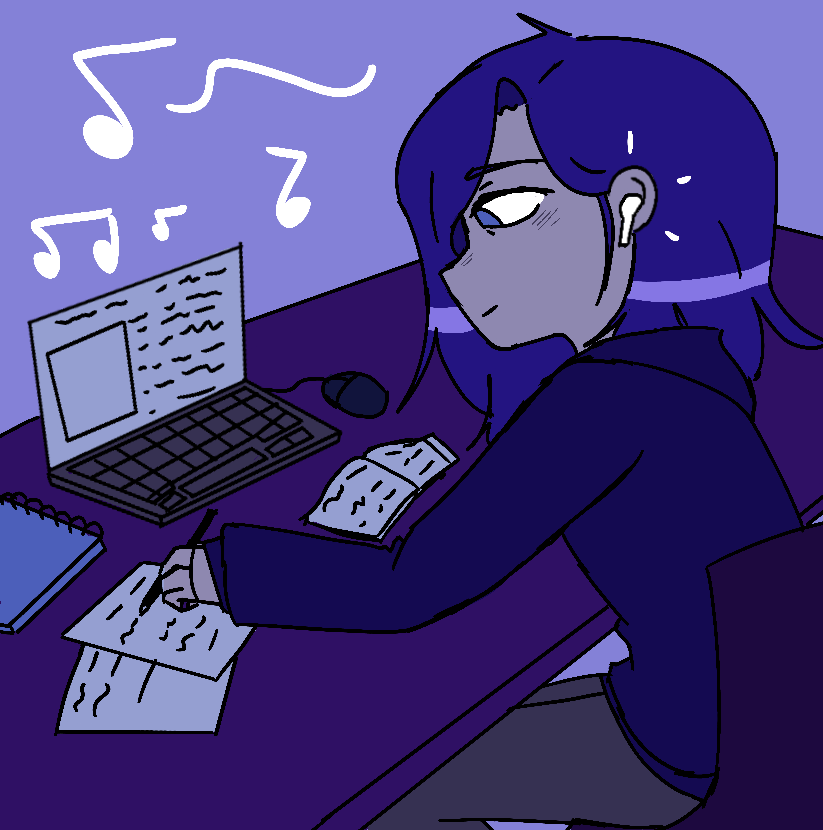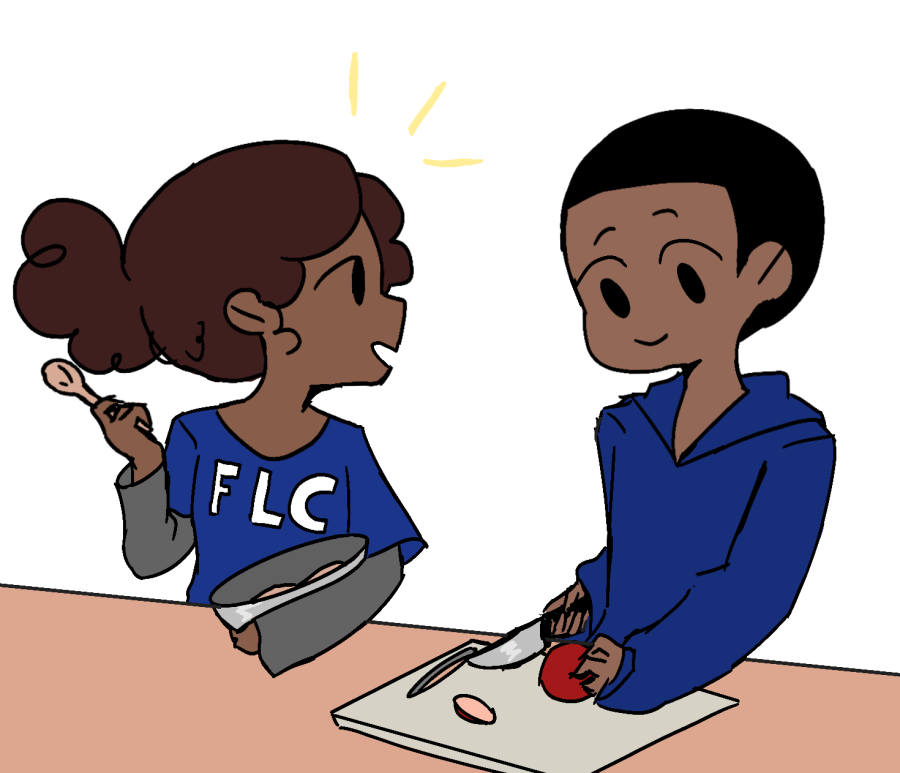By Janelis Duran

The classic story of Eros and Psyche has been retold by a powerful group of voices. Along with the sweet sounds of the piano and the ruggedness of their stomping, the reader and play writer were able to capture the picture of this tale only using auditory functions.
Auditory functions can change a readers experience as certain sounds and noises bring out specific emotions in people. They wanted to capture the characters feelings while also infatuating an audience. And they did just that. Anthony Lawton, actor and the play-writer of this said play, says that “music offers us a chance to paint the emotional life of the characters with a more varied palette of colors.”
Introducing new kinds of music to an already established piece can also change the tone of the piece and make it more memorable.
“The dialogue that Lewis writes is a little stiff and stodgy; the music allows us to make the characters feel more timeless, more expressive, more contemporary, more relevant.”
But music wasn’t everything Lawton was prioritizing. He also dissected the story of Eros and Psyche until he had his own interpretation.
“This is, I think, a story about two fundamental attitudes about life. That life is a dirty trick played on us by a hostile or indifferent universe. The first attitude is the attitude held by rebels — people who, in the narrowest Christian terminology, would be called “sinners.” The second is the attitude held by persons capable of obedience, of submission, of worship, of humility. That life is a gift. Even our death is a gift.”
In a sense, the story was a weird way to show how two different worlds and two different lifestyles cannot trump true love. The tale of Eros and Psyche was of love between mother and daughter, ruler and subjects, and lover and lover that, with Anthony Lawton’s additions, taught us the importance of chasing love.



